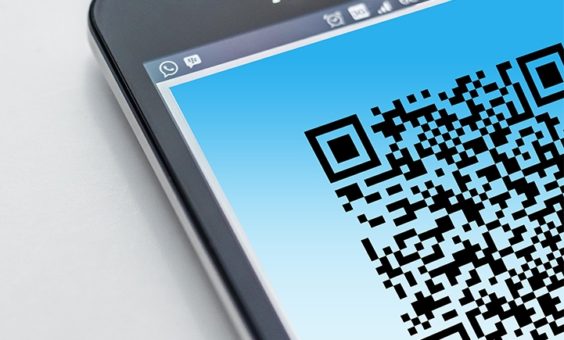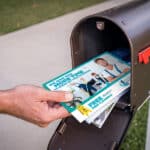
What kind of coupon is more effective – one that gives you a discount on a product, or one that gives you the product for free? For shoppers, the answer is a no-brainer, because who doesn’t like getting freebies? For brands, though, the answer is a little more complicated.
Researchers at Binghamton University in New York set out to tackle this question, and published their findings in “The Effects of Mobile Promotions on Customer Purchase Dynamics”, which is set to appear in an upcoming edition of the International Journal of Research in Marketing.
The researchers focused on mobile coupons, citing a 2014 Juniper Research study predicting that 1.05 billion shoppers will use mobile coupons by next year, nearly double the number who used them in 2014. So mobile coupons are the future – yet there hasn’t been as much research into their impact, as compared to traditional paper coupons.
So the researchers set out to learn more about them. What their study found was that discount mobile coupons and free-item mobile coupons are equally effective in encouraging people to buy. But free-item mobile coupons have a longer-lasting impact when it comes to turning couponers into regular customers who are willing to buy the product again later at full price.
“Offering free-sample mobile coupons may have longer-term effects because it pushes people to try a new product at no cost that they may like and buy again later. Price-discount coupons don’t have that same push,” said study co-author Chang Hee Park, Assistant Professor of Marketing at Binghamton University’s School of Management.
The study found that coupons offering cents-off a product helped marketers meet short-term sales goals at a modest cost, by tempting shoppers with a modest discount. Free-item coupons, in contrast, cost marketers more. But whether it’s because shoppers consider “free” to be better than “cheap”, or because free coupons generate more consumer goodwill toward a company that’s willing to give them something for nothing, it turns out free coupons are more effective in turning samplers into regular customers.
“It’s easy for managers to just send out price-discount coupons because they have a large effect in the short-term,” Park said. “But if you’re using a long-term perspective, it may be a better decision to send free-sample coupons instead.”
The makers of Nature’s Own bread unwittingly proved Park’s point earlier this summer. Back in June, Flowers Foods issued digital coupons for their new Nature’s Own Perfectly Crafted bread. Most shoppers were offered coupons for 75 cents off, while shoppers at Kroger-owned stores received a digital coupon for a free loaf, as part of the retailer’s “Free Friday Download” program.
Shoppers liked the 75-cent coupons – but they went wild for the freebie.
“The way that we introduced Nature’s Own Perfectly Crafted utilizing the coupon approach with an individual retailer, we had never done that before. And to be very honest, the redemption rate was extremely higher than what we had projected,” Flowers Foods CEO Allen Shiver told investors this past Thursday.
Yet he acknowledged that it may have been worth the unanticipated extra expense. “The good news is we generated a lot of trial with consumers with a new loaf of bread that is unique to our product line,” Shiver said. “We’ve generated a lot of consumer loyalty in that process.”
Currently, there are no coupons available for the product. “Now that the promotional activity is over, we’ve gotten our Nature’s Own Perfectly Crafted back to what we will consider everyday price,” Shiver said. And why not? If the free coupons generated enough trial, and created enough loyal customers, there’s no need for Flowers Foods to offer any more high-value incentives. Those incentives already worked.
It’s worth noting that the coupons that were offered, were digital. Free-item paper and printable coupons can present problems, like counterfeiting and over-redemption. So paperless coupons are certainly less risky for brands. But one question that Park and his fellow researchers didn’t quite answer, is whether mobile coupons are ultimately more effective than paper coupons in getting people to buy.
“The increased convenience of mobile coupons relative to traditional coupons could be expected to increase the effectiveness of mobile coupons,” the report found. On the other hand, “smartphone users tend to have shorter attention spans… customers may tend to forget about the promotions and brands promoted after the coupons are redeemed.”
So that’s another question for another study to try to answer. Meanwhile, the next time you see a coupon offering something for free, better grab it while you can. If it works as well as these researchers say it does – it could be a while before you see an offer like it again.
Image source: geralt/Pixabay











It should be noted that not all retailers are capable of accepting paperless offers for free product. The strategy can be great when working with specific retailers (like Kroger in this case), but trying to run a free or BOGO offer nationally can result in missing key retailers due to their technology limitations.